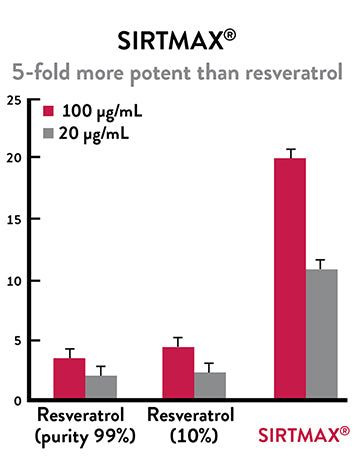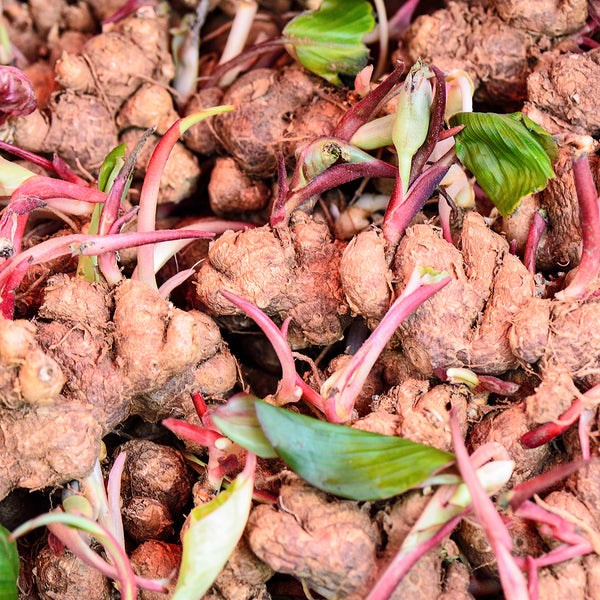[1] Shimada N, et al. The safety and efficacy of Kamepferia parviflora extract (SIRTMAX®) on healthy volunteers. 2012. Unpublished paper.
[2]Shimada T, et al. Preventive effect of Kaempferia parviflora ethyl acetate extract and its major components polymethoxyflavonoid on metabolic diseases. Fitoterepia. 2011;82:1272-78
[3] Nakata A, et al. Potent SIRT1 enzyme-stimulating and anti-glycation activities of polymethoxyflavonoids from Kaempferia parviflora. Natural Products Communications. 2014;9(9):1291-4.
[4] Horikawa T, et al. Polymethoxyflavonoids from Kaempferia parviflora induce adipogenesis on 3T3-L1 preadipocytes by regulating transcription factors at an early stage of differentiation. Biol Pharm Bull. 2012;35(5):686-92.















)
)

)